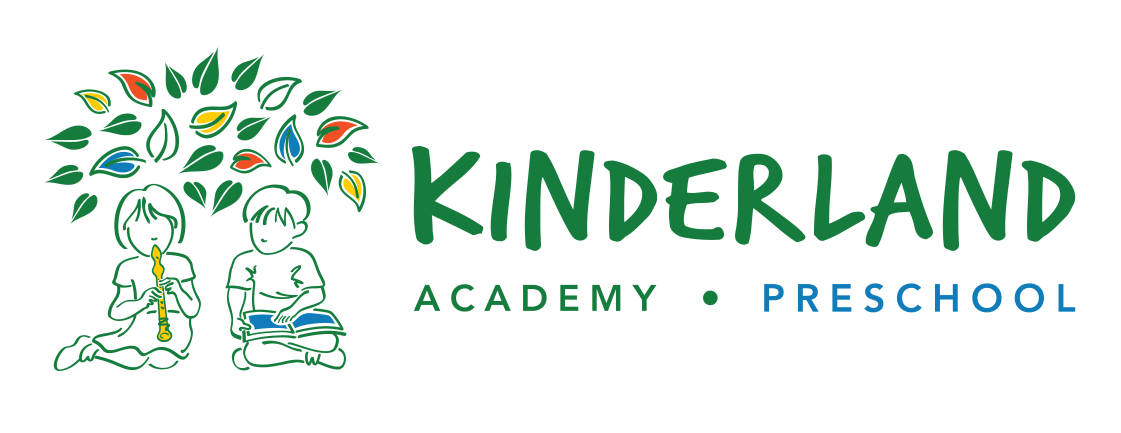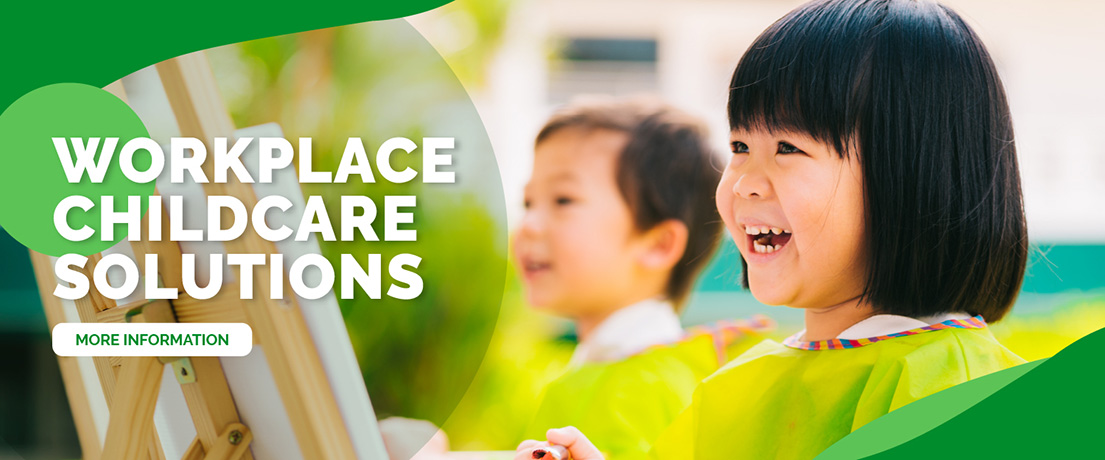One of the most critical decisions working parents need to make will be choosing a right childcare center for your little one. There are many factors involved and the more commonly asked questions are teacher-child ratio, teachers’ experience, curriculum and so on. So what makes our parents decide on Kinderland eventually?
Let us take a look at how Kinderland affirms parents through the Maslow’s Hierarchy of Needs – a psychological theory developed by Abraham Maslow in 1943.
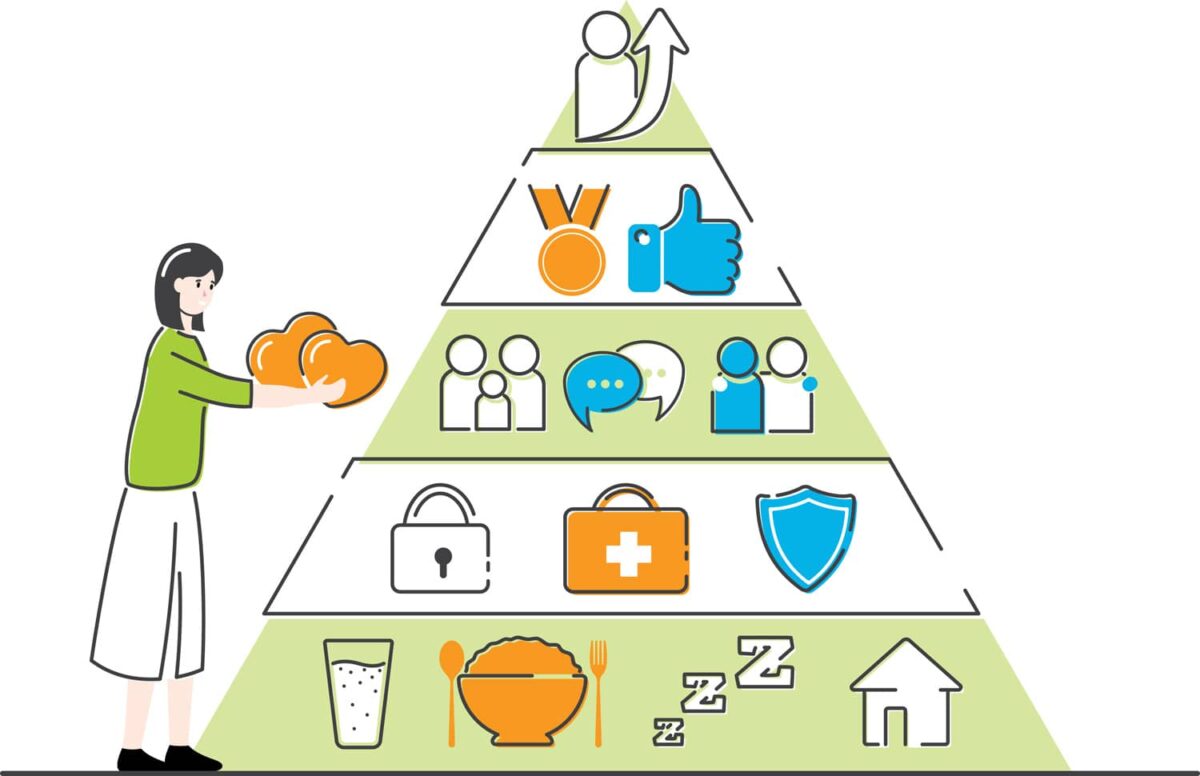
The Maslow’s five hierarchy of needs in which our Kinderland children attain through the dedication from our professional team.
Maslow’s hierarchy of needs uses a pyramid to define the different levels of human’s needs. The most essential needs, which form the base of the pyramid, must be met before you can support children’s higher-level needs like learning, self-esteem, and personal growth (Institute of Education Sciences 2020).
1. The Most Basic – Physiological Needs
One of the most important aspect of this need is food. Kinderland’s menu is specially designed and monitored by our in-house nutritionist. The menu is planned to provide nutritious food for our growing children to help boost their brain and physical development.
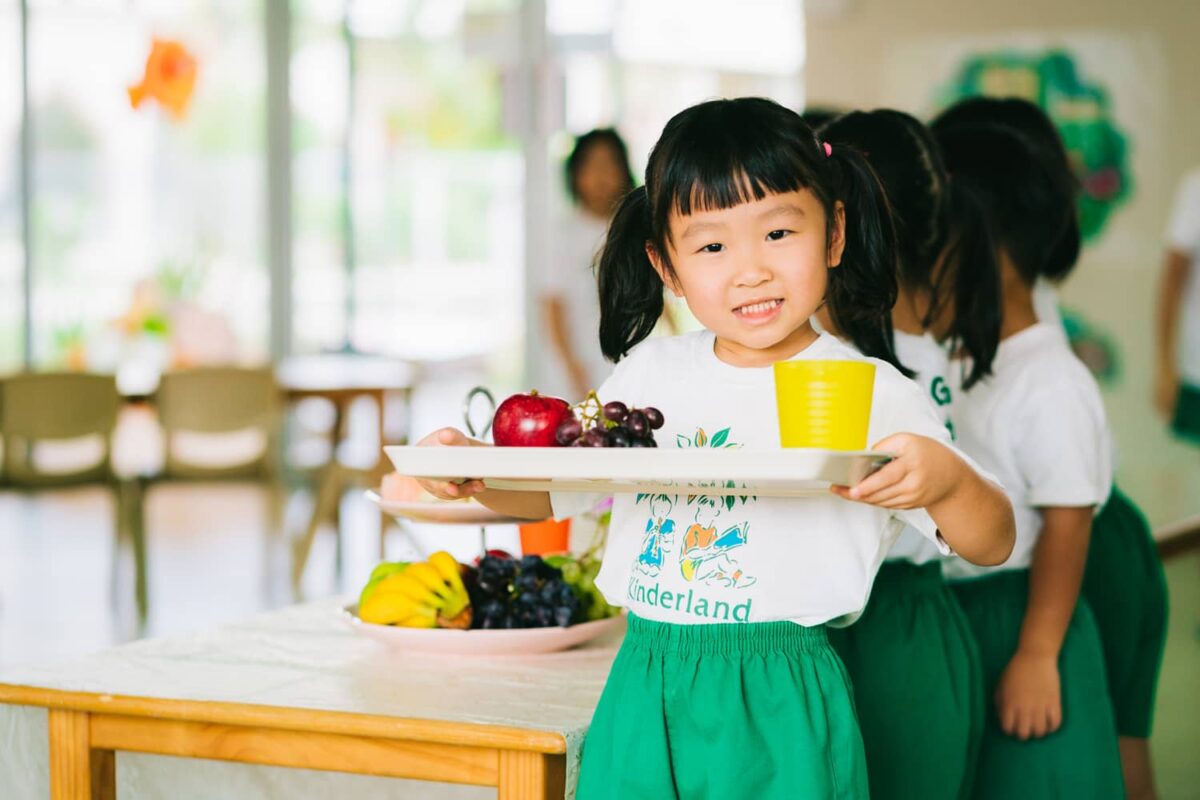
Kinderland provides well-balanced meals for our children.
2. Safety – It doesn’t happen by accident
Several measures are taken in the centres to maintain high level of cleanliness, reducing the risk of infectious diseases. High touch points are cleaned and disinfected three times a day while toys are disinfected after every use. Most centres are also equipped with UVC lights to aid with our sanitation efforts. This system is operating on a pre-set timer to turn on only at night when no one is around. Air purifiers are also installed at centres to ensure good indoor air quality.
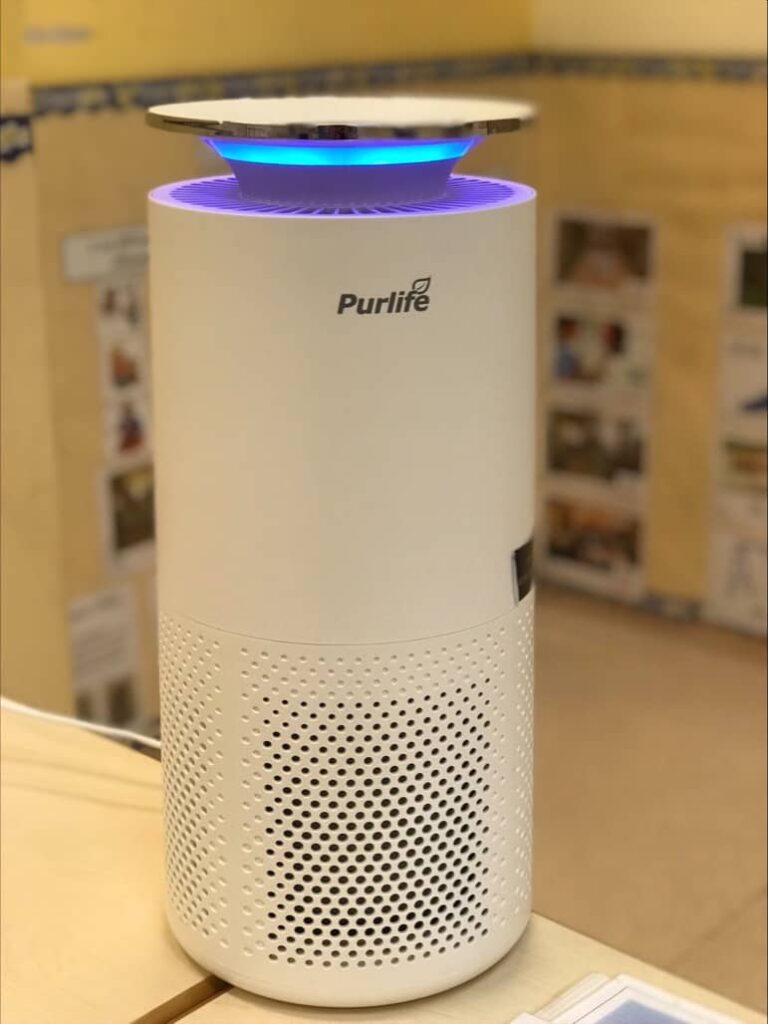
All our Kinderland centres are equipped with air purifiers and/or UVC light for cleaner space.
3. Sense of Belonging – Parent Teacher Partnership
The Kinderland in-house parenting app provides parents with bi-weekly update of their children’s progress, with photos and anecdotes. For ease of communication, parents may chat with the class teacher via the app as well. Additionally, there are termly updates and bi-monthly newsletter, so that parents are always kept abreast with the latest information. Such communication helps parents and teachers to work as a team to create the best possible environments for the children.

Our parenting mobile app allows secured communication between teachers and parents
4. Building Esteem – It is more than just self confidence
Here at Kinderland, we believe that every child is unique. That they are natural learners and deserve the opportunities to benefit from an enriching environment that provides challenging daily experiences where caring and understanding adults are present and responsive to their needs. Every child is a sensitive, feeling and thinking individual with the potential to be their best selves and, through our programme, can develop into curious, creative, capable, confident, caring and communicative individuals with heart.
This is done through our music-infused curriculum which has proven to develop the foundation and mindset of global citizens with a heart in every child.

Our confident children performing before an audience on stage
5. Self-Actualisation – Developing their fullest potential
Our children are given the learning opportunity to question, discover and seek solutions for their daily queries. Our S.T.R.E.A.M. (Science, Technology, Reading and wRiting, Engineering, Arts and Maths) programme gets our children to ask about the actual happenings they face around them and to think of possible outcomes of the situation.
Take a look at our recent S.T.R.E.A.M. project Kinderland Academy @ Yio Chu Kang centre’s Egg-hatching event which was a result of child-led learning. Our children discovered freshly hatched eggs at the school’s chicken coop and were intrigued by the discovery. They researched about how to identify a fertilised egg, did daily observations and explored the different options of incubation with the support of their teachers. Projects such as these allow children to be more aware of their personal interests, strengths and weaknesses. Teachers can also know how each individual learn best through their learning styles (auditory, visual, tactile, kinaesthetic).
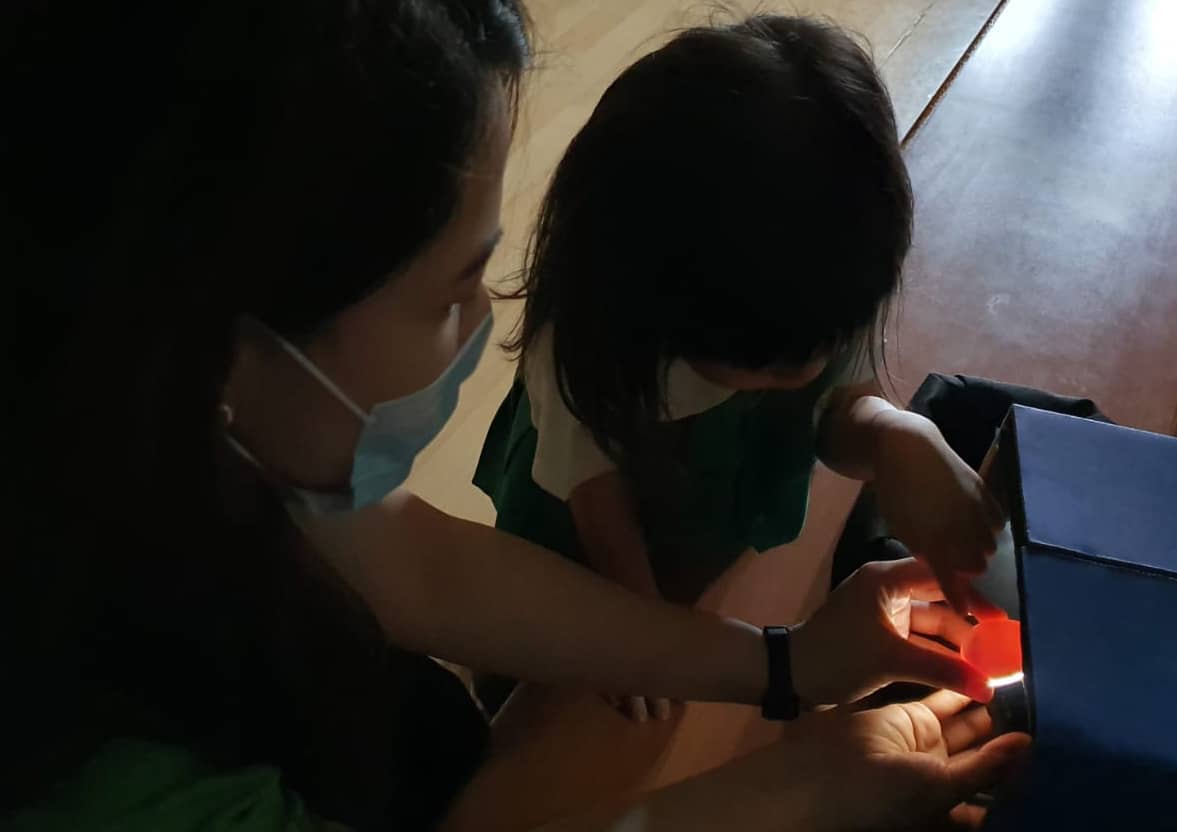
Child observing the embryo through egg candling activity.
